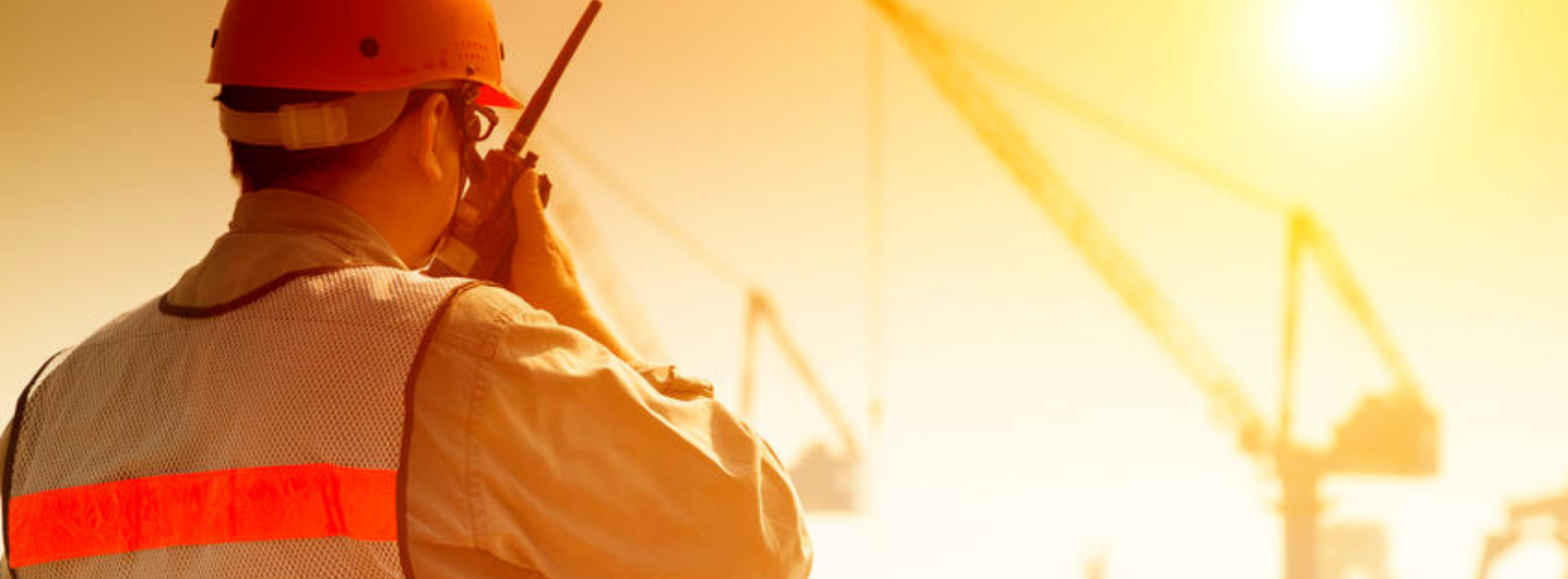Many tradies receive payment only upon completion, motivating them to continue working through dangerous conditions, forced to choose between providing for their families and their better health.
In recent years, our planet has increasingly began to feel the effects of a worsening climate, such as heatwaves, mass floods, and air pollution. In this blog, the team at Skills Certified Australia explore how a changing climate could change how you work.
Higher Temperatures
As temperatures not only rise, but also run for longer periods in greater frequency, those working outdoors or in places with poor air-cooling systems will be at higher risks of heat-related issues. Labourers, farmers, warehouse and railyard workers are just a few that will experience difficult choices to come to combat a warmer climate, while remaining profitable. Some solutions revolve around starting and finishing earlier, taking more frequent breaks, and implementing temperature limits at which all work would cease. The offset of these actions, of course, is their effect on profitability. Should they not be taken, however, the risk of heat exhaustion, heat stroke, dehydration, and more adverse health effects are elevated.
Extreme Weather Events
It’s easy to forget the devastating power Mother Nature can conjure. Climate change is bringing forth more frequent and intense extreme weather events, including wildfires, landslides, snowstorms, falling trees and torrential flooding. Naturally, this will not only impact tradie’s schedules, but also change the tasks they are contracted to complete. Weather hazards will interrupt work shifts, create physical obstructions, and likely alter how long-practised procedures are carried out, such as greater protection against rainfall, or further health and safety measures, especially for rescue workers.
Pollution
Speaking of implementing greater health and safety measures, climate change also brings with it higher levels of air pollution. Heat levels, wildfires, and droughts create higher amounts of fine particle matter in what we breathe, alongside increased pollen seasons leaving many workers at more risk of allergic disorders. There is also the rise of vector borne diseases carried by ticks, mosquitoes and other insects. Outdoor tradies, from landscapers, to builders, to project managers, will likely have to adopt new equipment, clothing and processes to minimise these impacts and reduce their chances of falling ill.
Effective Strategies
Several workplace strategies can be adopted to stay ahead of the dangerous effects of climate change. Give heavy focus to WHS managements and sustainability initiatives, alongside training for employees to adeptly recognise and assess hazards in order to take control of the situation.















